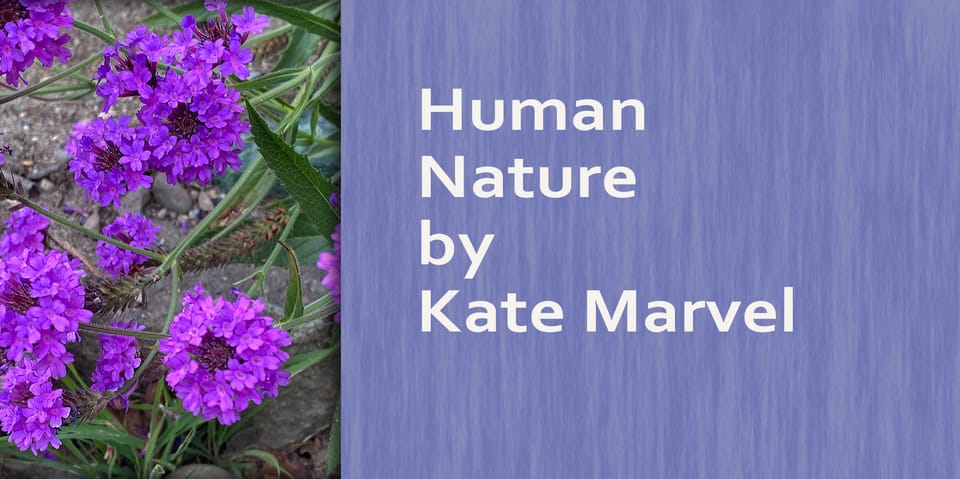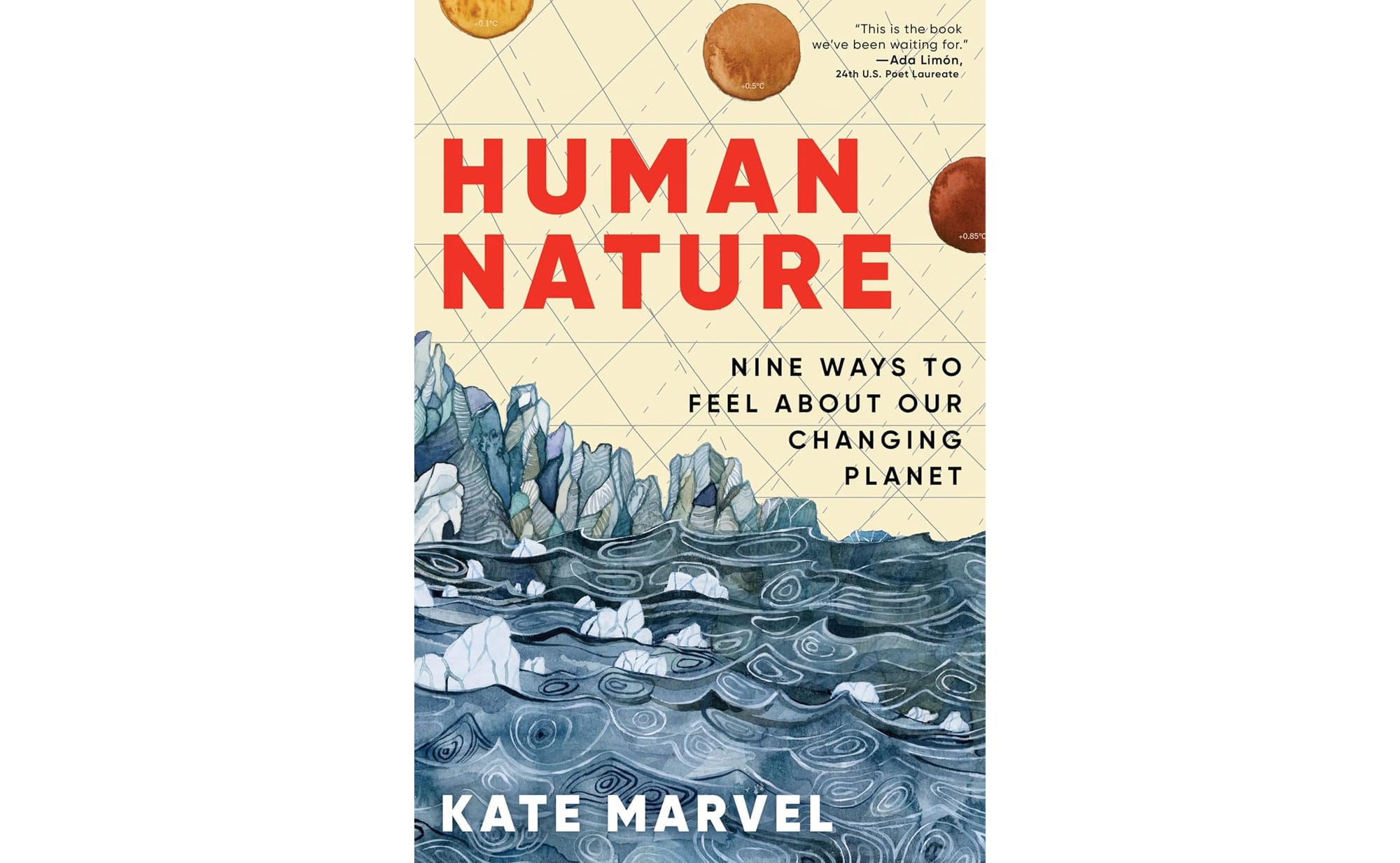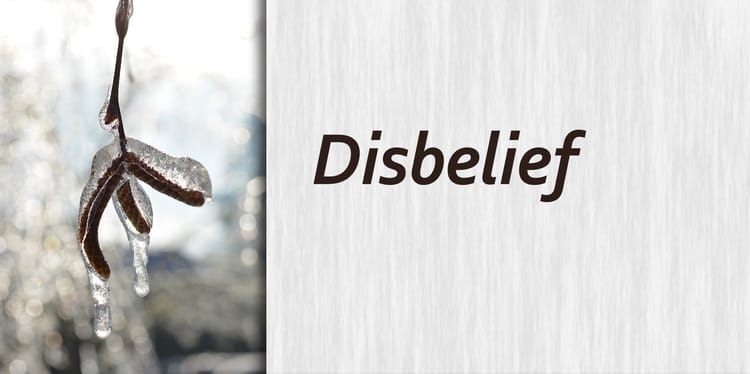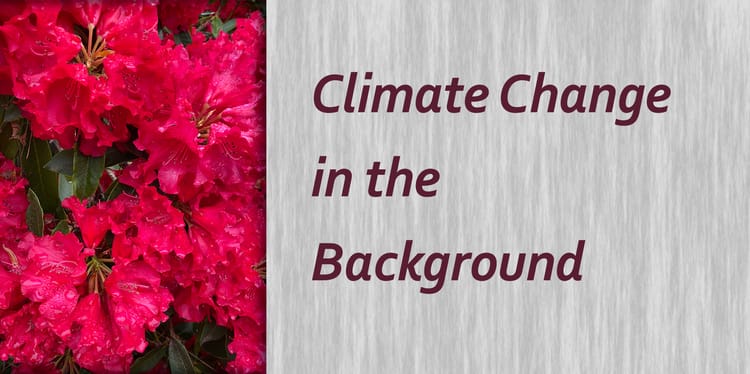Human Nature by Kate Marvel

It’s very easy for fiction writers to tap into reader’s emotions through their stories. It’s much harder for nonfiction writers to do this, but Kate Marvel, a senior climate scientist at Project Drawdown, summons feelings with ease in her new book Human Nature. Some of her chapters are love letters to the Earth’s physical systems controlling our climate: the light, the wind, the journey of water vapor and carbon molecules through the sky, the mystery of clouds that either trap or reflect heat. Other chapters are down to earth—and humorous—examining our human complexities that create obstacles to restoring our climate.

Marvel specializes in climate modeling, and throughout the book she discusses the benefits and shortcomings of those digital attempts to replicate what is happening to our beloved Earth. Climate models are the best way to understand what type of future we might face, yet they can never capture all the data needed. For instance, whether clouds will help or hurt our race to stop the warming is a question that, right now, is too difficult to answer because clouds are so localized and variable.
And yet, Marvel can still condense all she knows about the intricate rules of physics and chemistry which shape our climate into a basic climate model that anyone can understand. With breathtaking skill, she sums it all up this way:
“Here, then, is a simple model for a living planet: Take one ordinary star. Add a small rock ninety-four million miles away. If the rock is too cold, add a sky. Then watch as the magic happens. The sun shines, the planet tries to return its borrowed light to space, and little dancing gases in the atmosphere play a constant game of catch and release, throwing some of the outgoing light back down to its surface. The temperature rises and stabilizes, the rock swings round its mediocre little star, and all the stories on Earth begin.”

In Human Nature, Marvel organizes her chapters by emotions: wonder, anger, guilt, fear, grief, surprise, pride, hope, love. She lets us see behind the objective exterior of her scientific self to glimpse what drives her to do her work. She says:
“I’m angry that we’ve known that greenhouse gases cause global warming for more than a century and have done very little to stop emitting them. And then I remember where these emissions come from and feel appropriately guilty. I’m sad, desperately so, when I think about all the things we’ll lose. I’m afraid of the disasters I know are coming. I’m proud and surprised and hopeful and utterly in love with our beautiful world. I feel so much.”
It's important for scientists to reach out to the public with all aspects of their humanity. Staying detached and objective is important for the pursuit of science, but to convince the public to act, galvanizing emotions must be triggered by opening hearts, and Marvel definitely makes those hearts open as she tells her story. Through her words, you can begin to understand what it’s like for her to commit her life to saving the rest of us when so many are unmoved by dire warnings. I hope you reach for her book, buy it, and share it. It’s a way to acknowledge the heart wrenching work all these dedicated people are doing on our behalf.
I highly enjoyed and can recommend Human Nature, but listen to her yourself and decide. Here is an NPR interview with the author.





Member discussion